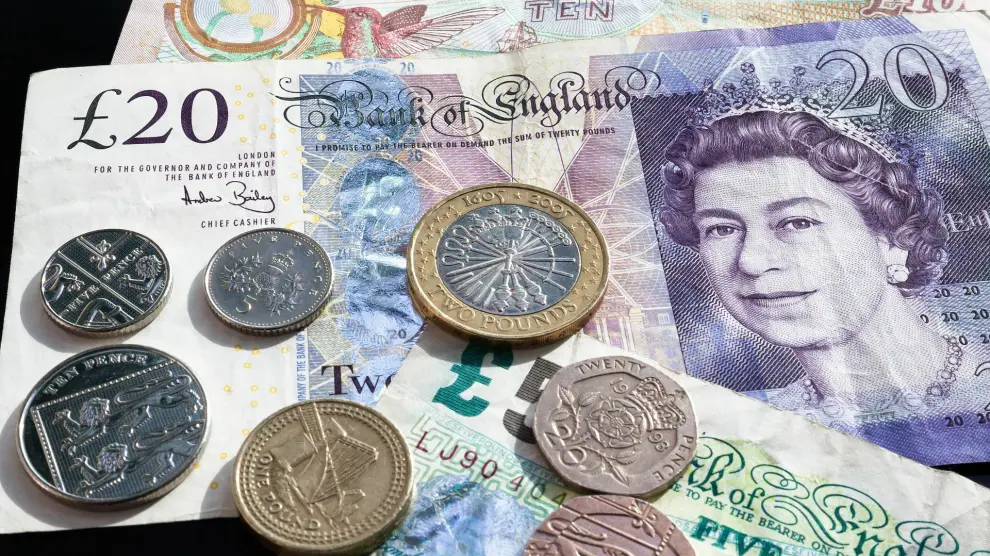-
By miguel-ingles
- In Uncategorized
Depending on the size of the company or its annual profits, it will have to pay a quantity or another as taxes to fiscal British authorities. In this article, I will explain the different tax rates for companies in the UK.

Corporation Tax Rates for Companies in the UK
Corporation tax levies business profits, capital gains and investments the company has received during an accounting period. Both British companies and foreign ones that have offices and permanent business activity in the country must pay this tariff. To do so, corporations must file the CT600 return, alongside the company’s annual accounts to His Majesty’s Revenue and Customs (HMRC).
The corporation tax rates for companies in the UK are not standard. Depending on the size or income of the business, it will have to pay one rate or another. These are:
- Corporation tax for small companies: at 19%, authorities designed this tax rate to relieve small businesses from tax burden, and such, stimulating their development. Corporations with annual profits lower than 50 000 GBP can benefit from it.
- Corporation tax for medium-size companies: these are those that have earned profits between 50 000 GBP and 250 000 GBP during a year. They are charged with a rate between a 19 and a 25%, depending on their yearly earnings. This is like this so they can avoid sudden tax increases during their growth process.
- Corporation tax for large companies: large companies are those that earn annual profits superior to 250 000 GBP. They must pay a 25% of these earnings.
Ring Fence Corporation Tax
Ring Fence Corporation Tax is a specialized tax rate. At a 30% of profits, authorities apply it to exploration and production of hydrocarbons (oil and gas).
They calculate it the same way as Corporation Tax, although they “ring fence” these activities. Therefore, they avoid that profits from extracting these products will get reduced due to having losses in other businesses or due to paying interests.
VAT Rates for Companies in the UK
This tax levies consume and is similar to other ones we can find in neighbouring countries. It taxes the goods and services the companies offer. There are different rates:
- Standard rate: 20% over the value of most products.
- Reduced rate: 5% rate. It taxes health and energetic assets.
- Zero rate: people will pay a 0% VAT for certain products, such as most food and books.
All the companies with a higher annual income than 90 000 GBP must declare each quarter to the HMRC the VAT they gather. However, if the owners have registered the corporation into VAT, they have the right to deduct it from the products they consider as business purchases.
In this article, you can find more information about VAT in the UK.
Other Consumption Taxes
There are other consumption taxes in addition to VAT, exclusive to certain products. Firstly, we find “Sugar Tax”, which has two different rates: 0,18 GBP to sugary drinks that have between 5 and 8 grams of sugar per 100 millilitres, and 0,28 GBP to those with more than 8 grams of sugar per 100 millilitres. Also, there is a tariff to alcoholic beverages, which will vary depending on the alcohol percentage they have.
At last, authorities will apply other levies to hydrocarbons, tobacco or biofuel. In addition, there are some environmental taxes, which aim to reduce pollution level the companies’ emissions.
All these tariffs add to VAT. These products will get the standard 20% rate over their sell value.
Income Tax Rates
Companies do not have to pay it, but its director and shareholders must, on a yearly basis. There are three different rates, which differ on the annual income a person has earned during a year.
- Basic rate: 20% rate if the income is between 12 571 GBP and 50 270 GBP.
- Superior rate: 40% rate if the income is between 50 271 GBP and 125 140 GBP.
- Additional rate: 45% rate for income higher than 125 140 GBP.